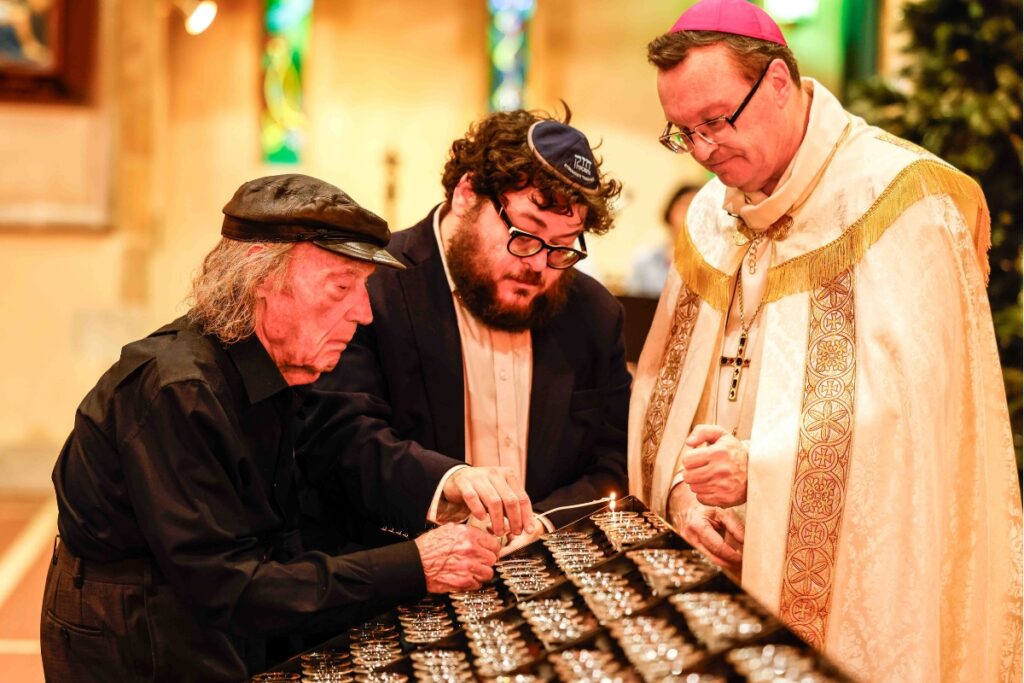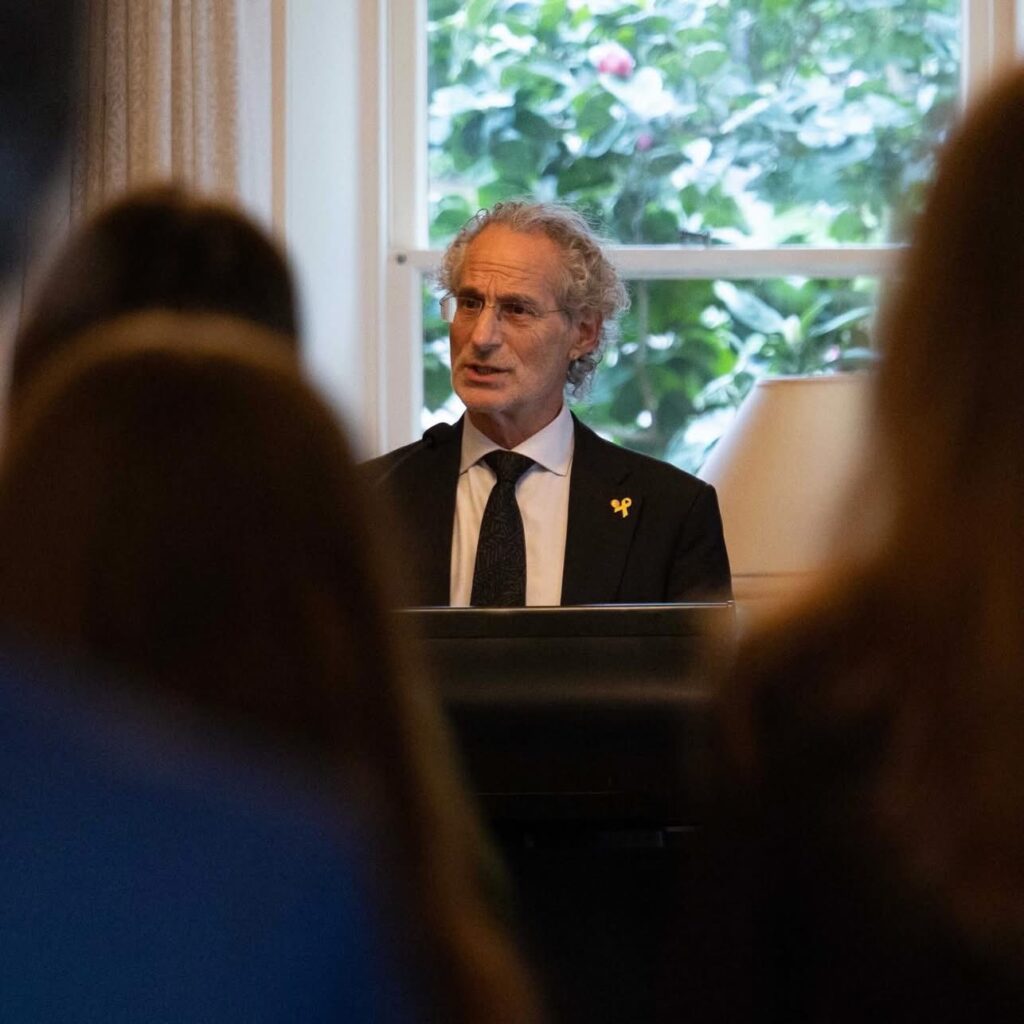ARZA report on the World Zionist Congress 2025
Reform Zionism Prevails: A Bold Stand at World Zionist Congress
Ayal Marak and Michael Penny,
ARZA President and ARZA Vice President
The 39th World Zionist Congress has just concluded in Jerusalem, the largest in history, drawing hundreds of delegates from Israel, the United States, and Jewish communities around the world. ARZA was represented by Ayal Marek, Michael Penny, and Liora Conyer. Delegates gathered to debate and vote on a wide range of pressing issues impacting the future of Jewish life globally. At stake was the ideological direction of major Zionist institutions, including the World Zionist Organisation (WZO), Keren Kayemeth LeIsrael Jewish National Fund (KKL-JNF), the Jewish Agency for Israel, and Keren HaYesod. As well as, control over billions in funding, critical immigration and education programs, and governance over 13% of Israel’s land.
President Isaac Herzog opened the Congress with a powerful message of defiance and unity. “Those who once called us ‘zhids’ now call us ‘zios,’” he said, referencing historic and modern slurs. “Well, these zios have now returned to their land. And those who seek to destroy Israel will never defeat us.”
The 2025 resolutions reflected the complexity and diversity of contemporary Zionist priorities. ARZA played a pivotal role in helping to defeat a series of ultra-Orthodox sponsored proposals, including attempts to extend Israeli sovereignty over the Temple Mount, Judea and Samaria, as well as to promote settlement expansion in sensitive areas such as E1. In contrast, we supported resolutions that strengthened pluralism, civil rights, and progressive Jewish values, including expanded access to egalitarian prayer spaces at the Western Wall, a fair and inclusive national draft system, and measures to ban hate speech within Zionist institutions.
Further resolutions advanced transparency and good governance, including a motion calling for an official state commission of inquiry into the events of October 7; a proposal widely supported by Israelis but resisted by Prime Minister Netanyahu. Another significant motion, passed after heated debate, bars the World Zionist Organisation from allocating funds toward settlement activity in the Gaza Strip. The Congress also endorsed efforts to bolster civil society, enhance Diaspora education and establish a national mental health taskforce. Support for Holocaust survivors, the fight against global antisemitism (including on U.S. campuses and in sports), and the advancement of female Zionist leadership were also prominent themes.
Beneath the ideological sparring, the Congress served as a forum for both practical policy and symbolic statements. While controversy has surfaced over the appointment of Yair Netanyahu, the Prime Minister’s son, to a WZO board seat, this development should not overshadow the broader success of the Congress for Reform and progressive Zionist voices. For ARZA, it was a meaningful moment of impact and alignment with our mission: to uphold a Zionism rooted in democracy, inclusivity, and Jewish pluralism.
As we look ahead to 2030 and the 40th World Zionist Congress, ARZA remains steadfast in its commitment to ensuring that the Reform voice continues to be strong, visible, and influential, guiding the future of Zionism toward a more open, equitable and united Jewish world.




